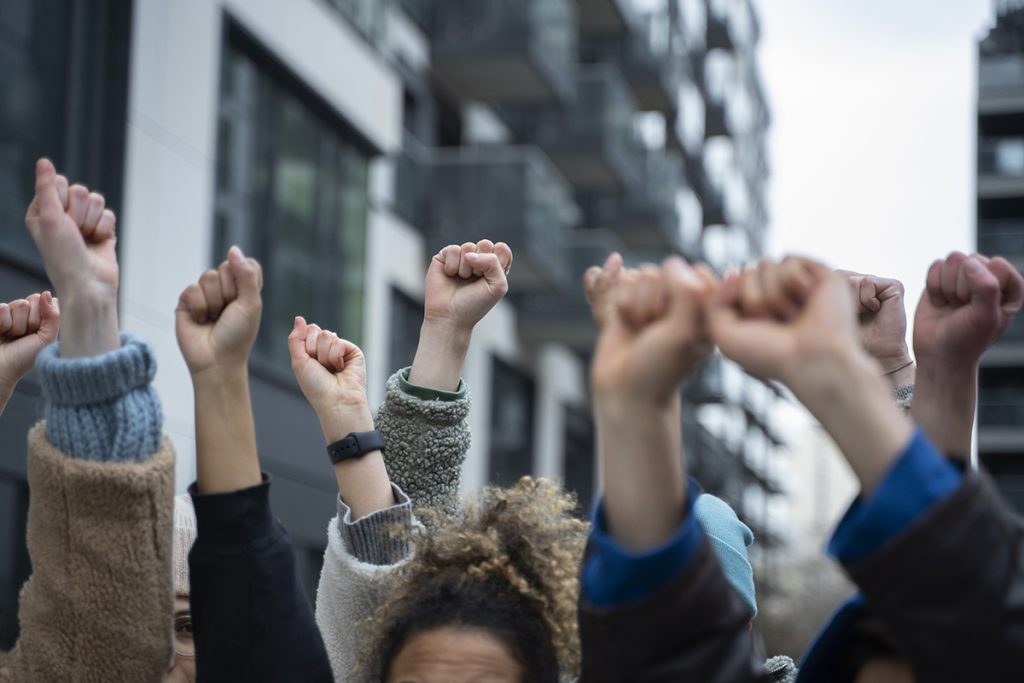With tensions rising on college campuses nationwide, Democrats are gearing up for possible disruptions at their upcoming summer convention. The Democratic National Convention (DNC), slated for August 19 in Chicago, faces the prospect of significant protests and clashes that could overshadow President Joe Biden’s reelection bid.
The source of these concerns stems from the ongoing pro-Palestinian demonstrations sweeping through university campuses. Critics of Biden’s approach to the Israel-Hamas conflict worry that these sentiments might spill over into the DNC, posing a challenge to party unity and the president’s standing.
A coalition of more than 65 organizations from Chicago and beyond has emerged to organize the “March on the DNC,” contesting permit restrictions that confine demonstrations to areas miles away from the convention venue. Despite legal challenges citing First Amendment violations, protesters are determined to proceed with the march, potentially leading to confrontations with law enforcement.
The echoes of the turbulent 1968 Democratic convention in Chicago are hard to ignore. At that time, a violent police crackdown on anti-Vietnam War protesters left a lasting impact on the party and its eventual nominee, Hubert Humphrey. Now, similar concerns loom large as campus protests and broader dissatisfaction with Biden’s handling of the Israel-Hamas conflict fuel activism.
Campus protests, primarily aimed at pressuring universities to divest from investments supporting the Israeli military, have been a persistent challenge for the Biden administration. The president has been labeled as “Genocide Joe” by critics, highlighting deep-seated discontent within certain segments of the Democratic base.
Despite assurances from Democratic officials and touted security measures, worries persist about the potential for unrest. Chicago Mayor Brandon Johnson has stressed the city’s commitment to maintaining safety while upholding constitutional rights, pushing back against comparisons to the events of 1968.
However, the current situation differs significantly from that of 1968. Authorities claim to be better equipped to handle potential disruptions, with enhanced security measures and federal assistance. The DNC has been classified as a National Security Special Event, allowing for comprehensive security planning involving federal, state, and local resources.
While protests have become a common feature at both Democratic and Republican conventions in recent years, the level of violence witnessed in 1968 has not been replicated. Nevertheless, concerns persist about the potential impact on Biden’s reelection chances, particularly as Republicans seize on the unrest to criticize Democratic leadership.
The Biden administration’s efforts to broker a Gaza ceasefire and address the concerns of American Jews worried about their safety represent a delicate balancing act. The president has condemned violence and antisemitism, but dissent within the party remains, especially among progressive voters and younger demographics skeptical of U.S. support for Israel.
As the DNC draws closer, the question of how these tensions will unfold remains unanswered. While some dismiss concerns as exaggerated, others view a potential tinderbox awaiting a spark. The outcome of this summer’s convention could have significant implications for both the Democratic Party and President Biden’s reelection prospects.


